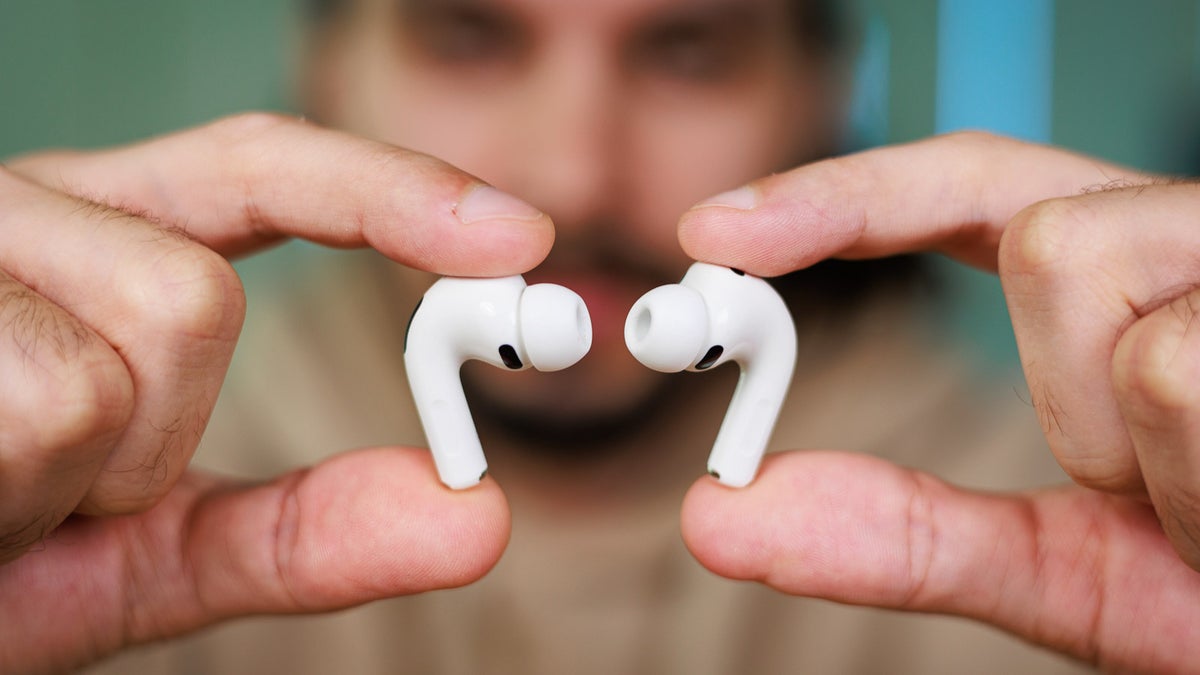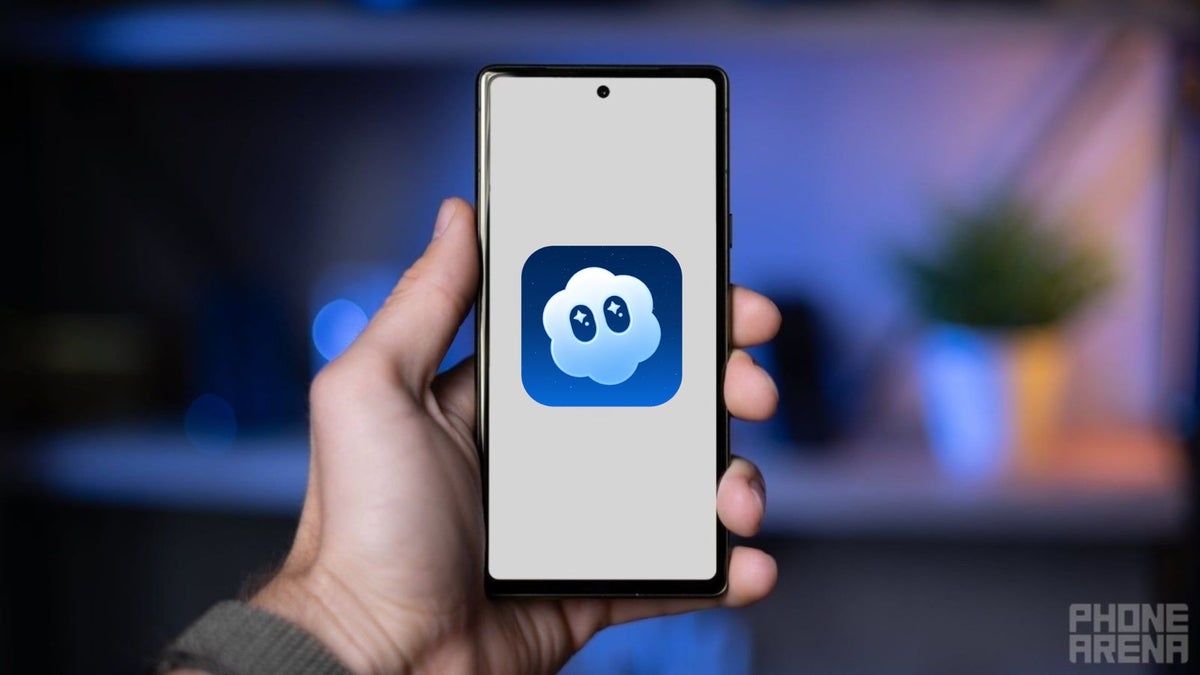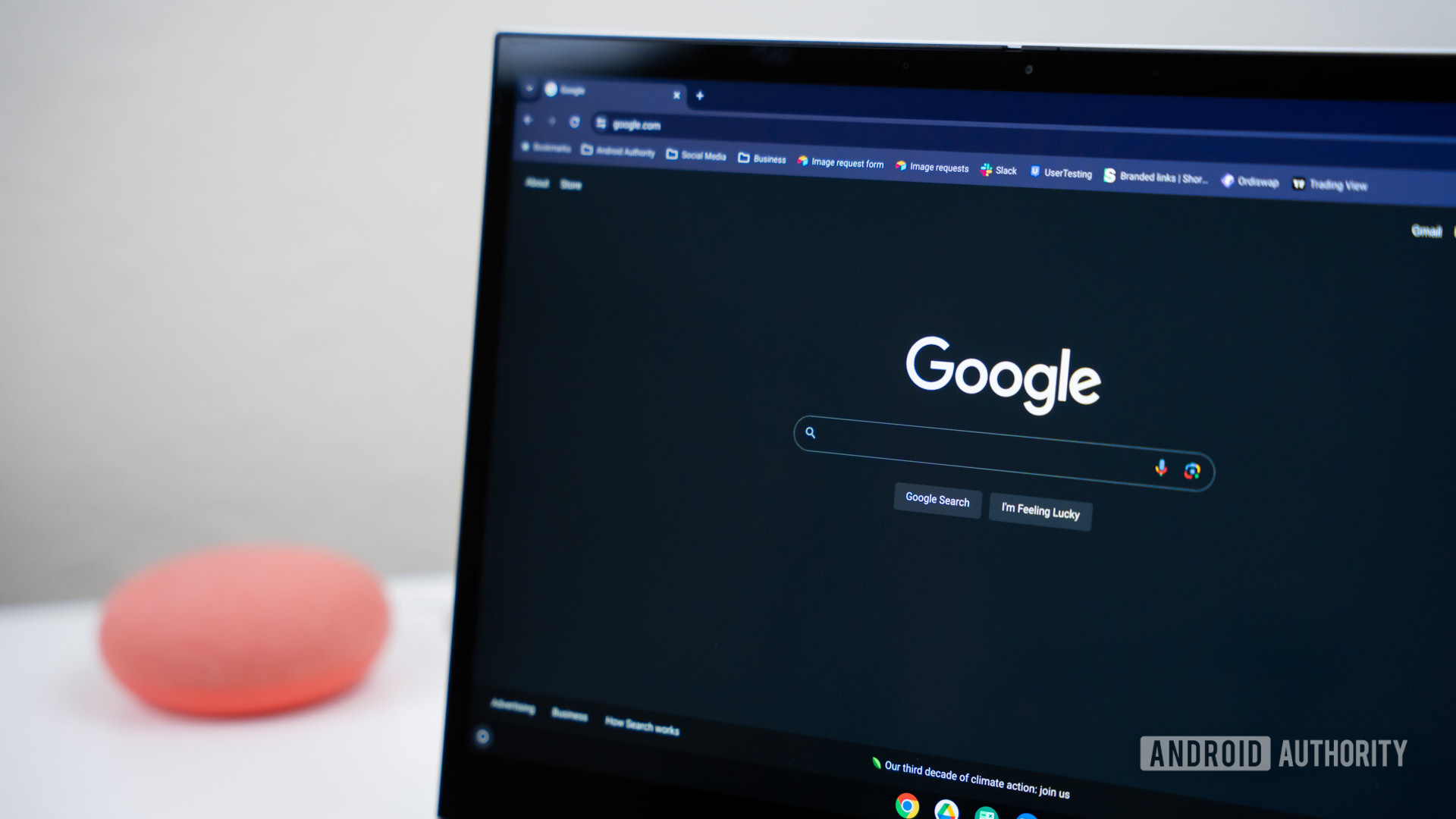What’s new with AirPods in iOS 26?
In short, you AirPods can now use their internal sensors, compare data with your Apple Watch, and analyze your movement (or lack thereof) to really understand when you’ve fallen asleep. This isn’t just a party trick.
The moment you’re asleep, AirPods can intelligently adjust their behavior: silencing all but the most important, user-defined emergency notifications, for example, or managing volume levels if you’ve fallen asleep listening to a podcast. This is a big jump from the manual controls we are used to. It’s your headphones that actively monitor your personal status and adapt their function to match.
Why this “smart” gap is so important
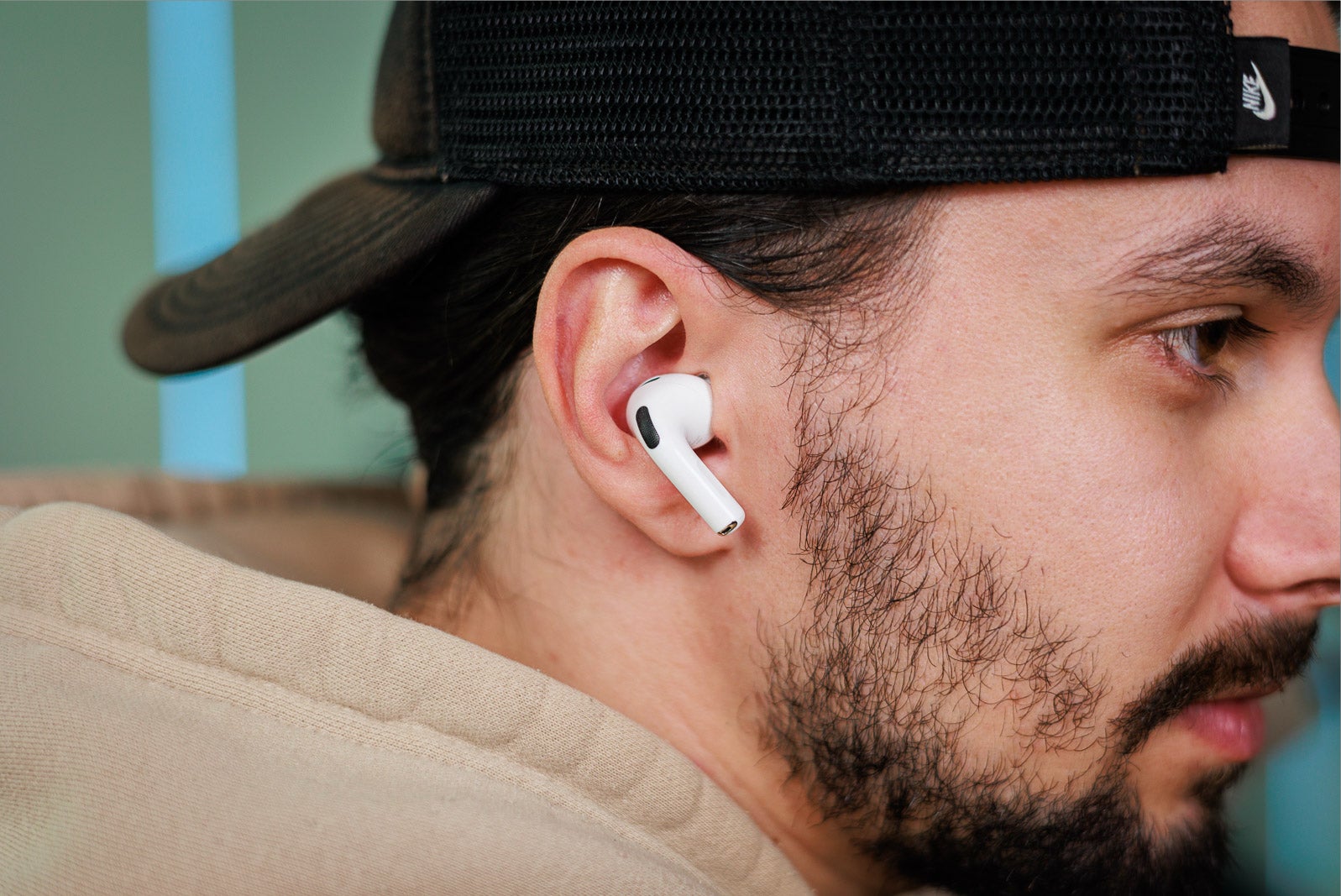
AirPods Pro 3. | Image credit: PhoneArena
Take Samsung as an example. The Galaxy Buds are packed with features, but they all require you to do something. You touch to change modes. Open the Galaxy Wearable app to use advanced features. You have to tell them what’s going on. Yes, they have “Detect Conversations”, which stops the ANC when you start talking, but that’s a simple audio-based reaction. It is very far from understanding a passive and complex state like sleep.
Then there is Google, and this, to me, is the most disconcerting part of the whole situation. Google is, by its own definition, an “AI-first” company. Their Pixel Buds Pro are great, but their “smart” features seem almost superficial in comparison.
This new AirPods feature highlights a growing gap in innovation. While everyone else is busy perfecting hardware specifications, Apple is building a platform for ambient personal computing. It’s also a brilliant, frictionless health game.
By making sleep data collection more seamless and less obtrusive (no bulky watch required, if you’re not a fan), Apple is lowering the barrier for millions of users to get real, actionable insights into their personal well-being.
The race for headphones has become real (and much more interesting)
As someone who bounces between major headphones, my frustration has never been with sound quality or ANC. It has been with the small human moments. It’s the hassle of having to fiddle with my phone to mute a podcast when I’m half asleep. You’re being woken up by a “new email” notification chime that you missed with a simple “Do Not Disturb” schedule. These are the little annoyances that reveal that a device isn’t really smart; It’s just a well-programmed accessory.
Apple’s new feature aims to fix this. It’s the kind of “it just works” magic that the company built its entire reputation on, and it’s a direct challenge to Google and Samsung. The question is no longer “How good is your ANC?” The question is: “How smart is your software?” The next battleground is not decibels; It is data, context and anticipation.
Would I use this? Absolutely. I already do it with iOS 26, because it is a genuine improvement in the quality of life. It makes technology disappear and only serve the user, which is the goal. Google and Samsung, it’s your turn.
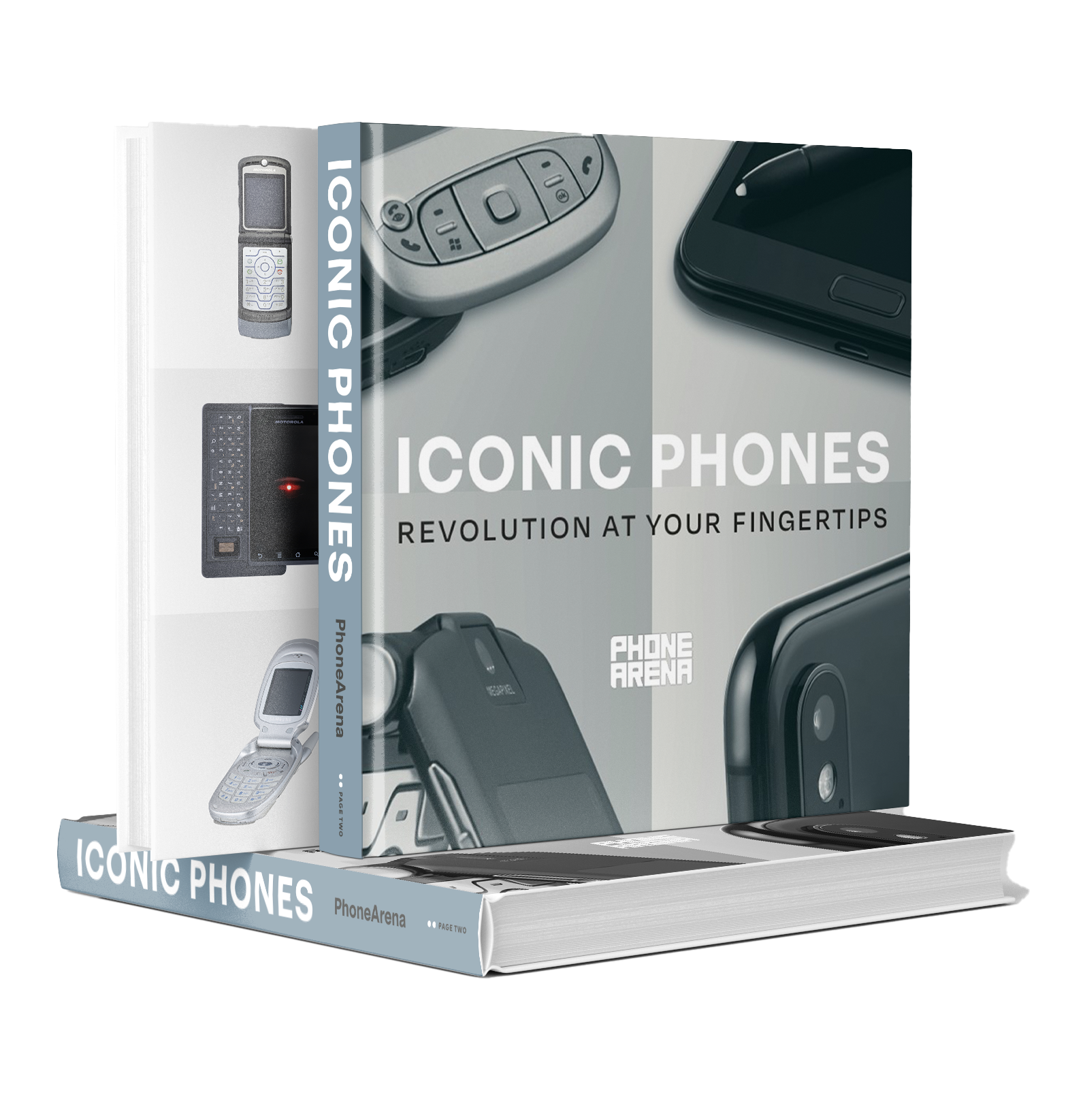

“Iconic phones” are coming this fall!
Iconic phones: the revolution at your fingertips is the best coffee table book for any phone enthusiast. Featuring the stories of more than 20 beloved devices, it takes you on a nostalgic journey through the mobile revolution that transformed our world. Don’t miss out – sign up today to secure your early bird discount!
